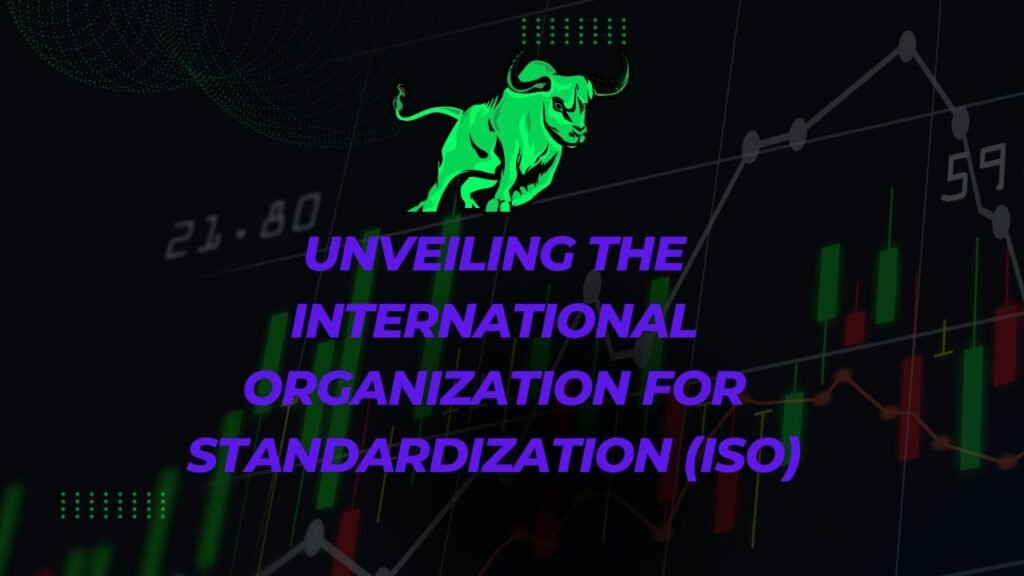
Have you ever wondered what the International Organization for Standardization (ISO) is and why it’s so crucial in today’s global landscape? In this blog post, we’ll embark on a journey to uncover the significance of ISO, its role in standardization, and its far-reaching impact.
Demystifying ISO
Defining the International Organization for Standardization (ISO)
ISO, short for the International Organization for Standardization, is a non-governmental entity that develops and publishes international standards to ensure quality, safety, efficiency, and consistency across various industries.
Global Standardization
ISO standards are recognized and adopted worldwide, providing a common language and framework for organizations and industries.
ISO in Action
Quality Management (ISO 9001)
ISO 9001 is one of the most well-known ISO standards, focusing on quality management systems. It’s used by businesses of all sizes to enhance customer satisfaction and improve processes.
Environmental Management (ISO 14001)
ISO 14001 sets standards for environmental management systems, helping organizations reduce their environmental impact and achieve sustainability goals.
How ISO Shapes Our World
Product Safety and Quality
ISO standards ensure that the products we use daily, from smartphones to automobiles, meet stringent quality and safety requirements.
Healthcare and Medical Devices
In the healthcare sector, ISO standards govern the quality and safety of medical devices, ensuring patient well-being.
FAQs: Unraveling the ISO Enigma
Q: Is ISO a government organization?
A: No, ISO is a non-governmental organization composed of member bodies from different countries.
Q: How are ISO standards developed and updated?
A: ISO standards are developed by technical committees with input from experts, industry stakeholders, and governments. They are periodically reviewed and updated.
Q: Can organizations choose to ignore ISO standards?
A: While ISO standards are voluntary, many organizations choose to adopt them for competitive advantage, compliance, and improved processes.
Conclusion: ISO – The Cornerstone of Modern Standardization
In conclusion, the International Organization for Standardization (ISO) plays an indispensable role in shaping the quality, safety, and efficiency of products and services that touch our lives daily. Its commitment to global standardization ensures that we navigate our increasingly interconnected world with confidence and trust in the products and processes we rely on.